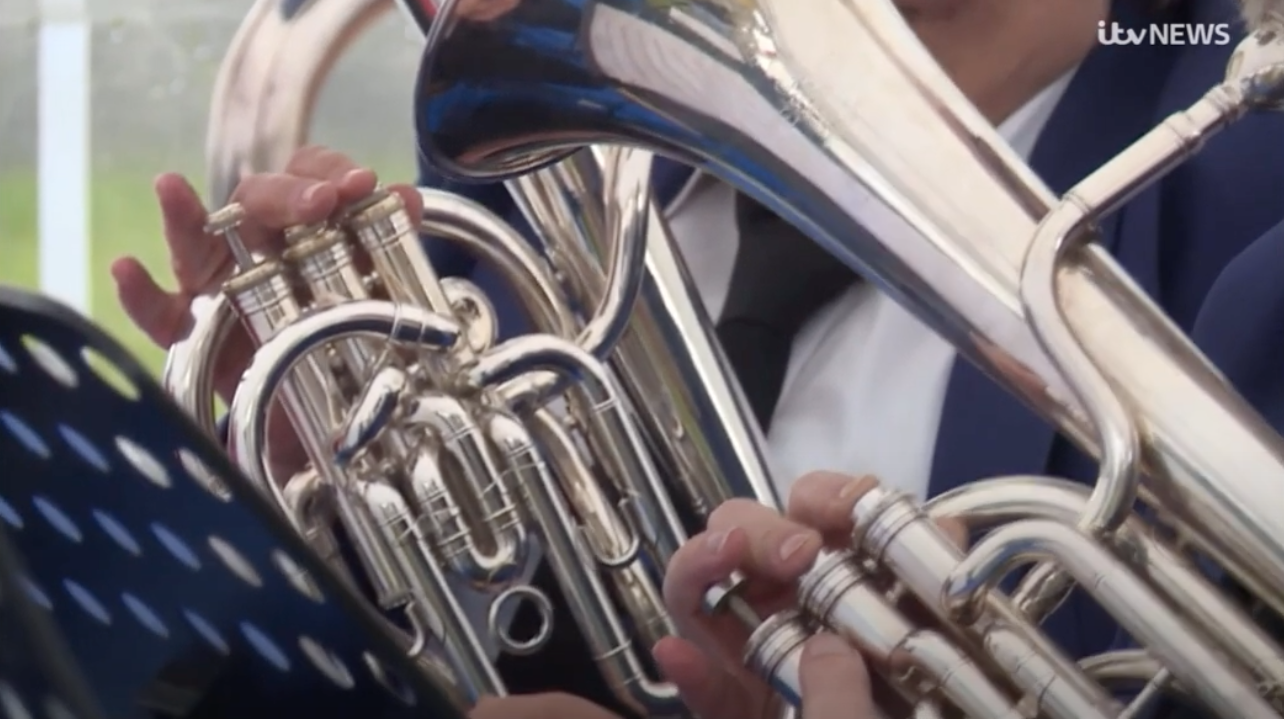
Band Identity and Development: Insights from Cumbria’s Brass Band Network Meeting held on Saturday 17th August 2024
At the recent Cumbria Brass Band Network meeting, a lively discussion was held by those present, centering on the unique identities of their bands and the varying motivations that drive them. The meeting, which brought together members from various bands across the region, highlighted distinct approaches to development, community engagement, and the challenges each band faces. The conversation underscored the importance of understanding what makes each band unique and how they can continue to grow and thrive.
Unique Band Identities
The discussion began with band members sharing what makes their respective bands special. Egremont and Kirkby Stephen bands, for instance, were praised for their welcoming and friendly atmospheres. One player mentioned how joining Egremont not only filled a gap in their euphonium section but also allowed them to showcase their talents through solos. The sense of belonging and the opportunity to contribute musically were key factors in what made the band work for them.
In contrast, North Lakes Brass has a more competitive edge, focusing heavily on development through participation in contests. Their dedication to climbing the ranks in the Brass Band Championship reflects a different kind of motivation—a drive to improve and achieve. This competitive spirit occupies its own space alongside the non-competitive approach seen in other bands like Cockermouth, which prides itself on its open-door strategy and strong local identity.
Penrith and Flookburgh have both seen recent success, further emphasizing how each band’s goals and methods can vary widely. Some bands, such as Cockermouth, prioritize high quality entertainment and musical excellence over competition, while others such as Kirkby Stephen focus on community learning and local engagement.
Challenges in Development
A common theme across the discussion was the challenge of development, particularly when balancing the needs and abilities of different members. For some bands, like the one in Cockermouth, the broad age range and varying skill levels within the training band present difficulties. While keen players need individual attention to improve, the band lacks the resources for one-on-one tuition. This highlights a broader issue many bands face: how to foster growth when resources and expertise are limited.
One player from Kirby Stephen mentioned their band’s efforts to develop beginners, with many members having only recently started playing. Their approach included masterclasses and a strong emphasis on learning together, which has fostered a sense of enthusiasm and energy within the band. However, the need for more structured development opportunities, such as workshops and exchanges with other bands, was a recurring theme.
Collaboration and Knowledge Sharing
The idea of inter-band collaboration was met with enthusiasm. There was a strong desire to learn from one another, whether through exchanging conductors for a week or sharing rehearsal videos online. These suggestions aimed at improving the overall standard of playing and ensuring that all bands can offer their best to audiences.
Moreover, the discussion touched on the potential for larger development initiatives, such as workshops and masterclasses, possibly in collaboration with institutions like the Royal Northern College of Music. The idea of the next Brass at the Castle festival devoting a full day to development, where bands could come together for intensive learning and performance, also gained support.
Conclusion
The Band Network meeting in Cumbria highlighted the rich variations among brass bands in the region, each with its own identity and set of goals. While some bands prioritize community and enjoyment, others are driven by competition and development. Despite these differences, there is a shared commitment to growth and a recognition that collaboration could be key to overcoming challenges. By working together and sharing resources, our brass bands can continue to thrive, keeping cherished traditions alive and relevant for future generations.
